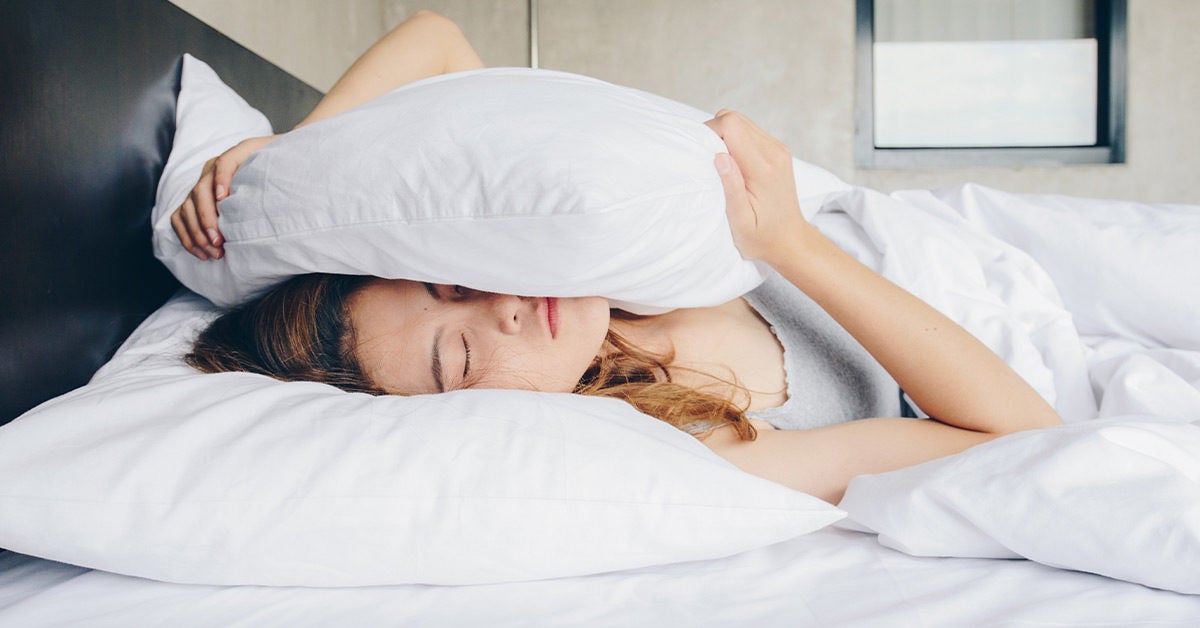People sleep when they are tired. Usually, after the recommended seven to nine hours of quality shut-eye, people feel rested and refreshed, ready for another set of challenges to face for the next day. It is called restorative sleep, a term that means that the mind and body are restored to their natural state.
Years of research have proven that plenty of things actually happen when you sleep. Of course, you are not aware of these processes that take place while you are drifting off to dreamland. However, your body is hard at work repairing your muscles, growing tissue, getting rid of toxic waste, releasing proteins and hormones, and giving you energy.
And when you do not get enough quality sleep throughout the night, your body and mind feel it. You become drowsy throughout the day, making you unproductive and at risk of injuries. Sleepiness has caused drivers to get into serious road accidents.
Moreover, you may experience mood swings, poor memory and concentration, reduced motor function, anxiety, and depression. Over time, sleep deprivation will lead to an increased risk of a weakened immune system, high blood pressure, insulin resistance, diabetes, heart disease, and early death.
Yet, restorative sleep has become elusive for many adults in developed nations. Experts recommend that people 18 years old and above get seven or more hours of quality sleep every night. But up to 70 percent of adults across the United States said that they do not get sufficient sleep at least one night per month. Around 11 percent said they do not get seven hours of quality sleep every night.
What is causing non-restorative sleep among adults?
Tired but Unable to Sleep
Unfortunately, non-restorative sleep is a symptom of a number of health conditions, one of which is chronic fatigue syndrome (CFS), also referred to as myalgic encephalomyelitis (ME) or systemic exertion intolerance disease (SEID).
CFS is still not fully understood yet, but more and more physicians recognize it as an illness of the body and not the mind. In fact, in most cases, it appears after a viral infection like COVID-19. Many people who became ill and recovered from the illness continue to suffer from symptoms similar to CFS.
CFS can interfere with a person’s daily functions. Because they are both physically and mentally tired, they often cannot perform physically and mentally demanding activities. In addition, it can cause sleep problems, including chronic insomnia and non-restorative sleep.
Snoring Disrupts Sleep
Snoring can be annoying, and anyone who has to sleep beside a person who snores can attest that it is disruptive to sleep. However, snoring prevents the person who has it from getting the recommended at least seven hours of quality sleep, too.
Snoring is a symptom of sleep apnea, a sleep disorder in which breathing stops and starts throughout the night. It disturbs sleep, waking the person up multiple times and causing low-quality sleep. It also negatively affects the body’s supply of oxygen which poses serious health risks.
An Irresistible Urge to Move
Sleep requires the body to stay still and relax. However, drowsiness will not come when you keep moving. That is exactly the problem of people who suffer from restless leg syndrome (RLS).
RLS is a condition described as having the uncontrollable urge to move one’s legs, typically at nighttime when a person is sitting or lying down. Moving temporarily eases the discomfort, but it comes back repeatedly. It can occur at any age and worsens as the patient grows older. RLS makes it harder for a person to fall asleep and stay asleep throughout the night. As a result, it also negatively affects daily activities.

Difficulty Breathing Leads to Difficulty Sleeping
Any problems in breathing can be disruptive to sleep, too. People with chronic obstructive pulmonary disease (COPD) often have a hard time breathing, including at night. Many of those diagnosed with the condition complain about experiencing difficulty falling asleep and difficulty staying asleep. Those who have COPD also spend less time in bed. Almost all patients with COPD (75 percent) report sleep problems.
In addition, the medications prescribed to treat the disease can also interfere with sleep. Theophylline, for example, improves symptoms yet reduces overall sleep quality.
Final Thoughts
Sleep is necessary to overall health, but many people do not get enough sleep. For some, sleep is unachievable because of noise, distractions, and other outside factors. Others, however, cannot get enough restorative sleep every night because of an underlying health condition. Those who feel tired despite a full night of sleep should see a doctor.






More Stories
Five Ways Parental Addiction Can Affect Children
How To Enhance Your Child’s Self-esteem
What You Need to Know About Endocrinology and Why It is Important